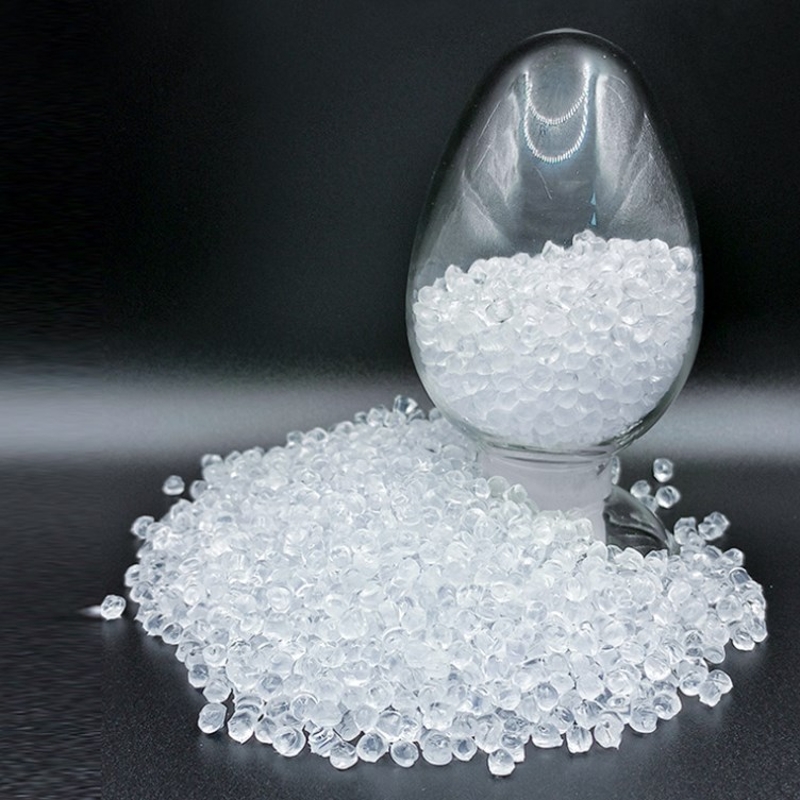-
Categories
-
Pharmaceutical Intermediates
-
Active Pharmaceutical Ingredients
-
Food Additives
- Industrial Coatings
- Agrochemicals
- Dyes and Pigments
- Surfactant
- Flavors and Fragrances
- Chemical Reagents
- Catalyst and Auxiliary
- Natural Products
- Inorganic Chemistry
-
Organic Chemistry
-
Biochemical Engineering
- Analytical Chemistry
-
Cosmetic Ingredient
- Water Treatment Chemical
-
Pharmaceutical Intermediates
Promotion
ECHEMI Mall
Wholesale
Weekly Price
Exhibition
News
-
Trade Service
Dibutyl adipate is a white, waxy solid that is commonly used in the chemical industry as an emollient, a plasticizer, and a lubricant.
It is typically used in the production of various types of plastics, adhesives, and inks.
Despite its widespread use, there are concerns about the safety of dibutyl adipate, particularly in terms of its potential to cause skin irritation and other health problems.
One of the primary concerns about dibutyl adipate is its potential to cause skin irritation.
The substance is known to be somewhat irritating to the skin, and it can cause skin redness and inflammation in some individuals.
In severe cases, dibutyl adipate can cause blistering and peeling of the skin, and it may also cause respiratory irritation.
There is also some evidence to suggest that dibutyl adipate may be harmful if it is ingested or inhaled.
The substance can cause irritation to the eyes, nose, and throat if it is inhaled, and it may also cause nausea, vomiting, and other gastrointestinal symptoms if it is ingested.
In severe cases, dibutyl adipate can cause organ damage, particularly in the liver and kidneys.
There are also concerns about the potential for dibutyl adipate to cause cancer.
While the evidence on this front is somewhat mixed, some studies have suggested that the substance may be carcinogenic in certain circumstances.
For example, one study published in the International Journal of Toxicology found that dibutyl adipate caused cancer in rats and mice when it was administered through the skin.
Overall, it is clear that dibutyl adipate can be harmful if it is not handled properly.
It is important for workers in the chemical industry who are handling this substance to take appropriate precautions to protect themselves from potential health risks.
This may include wearing protective clothing, using respirators, and following proper safety protocols.
It is also important for individuals who may come into contact with dibutyl adipate to be aware of the potential health risks and to take steps to minimize their exposure to the substance.







